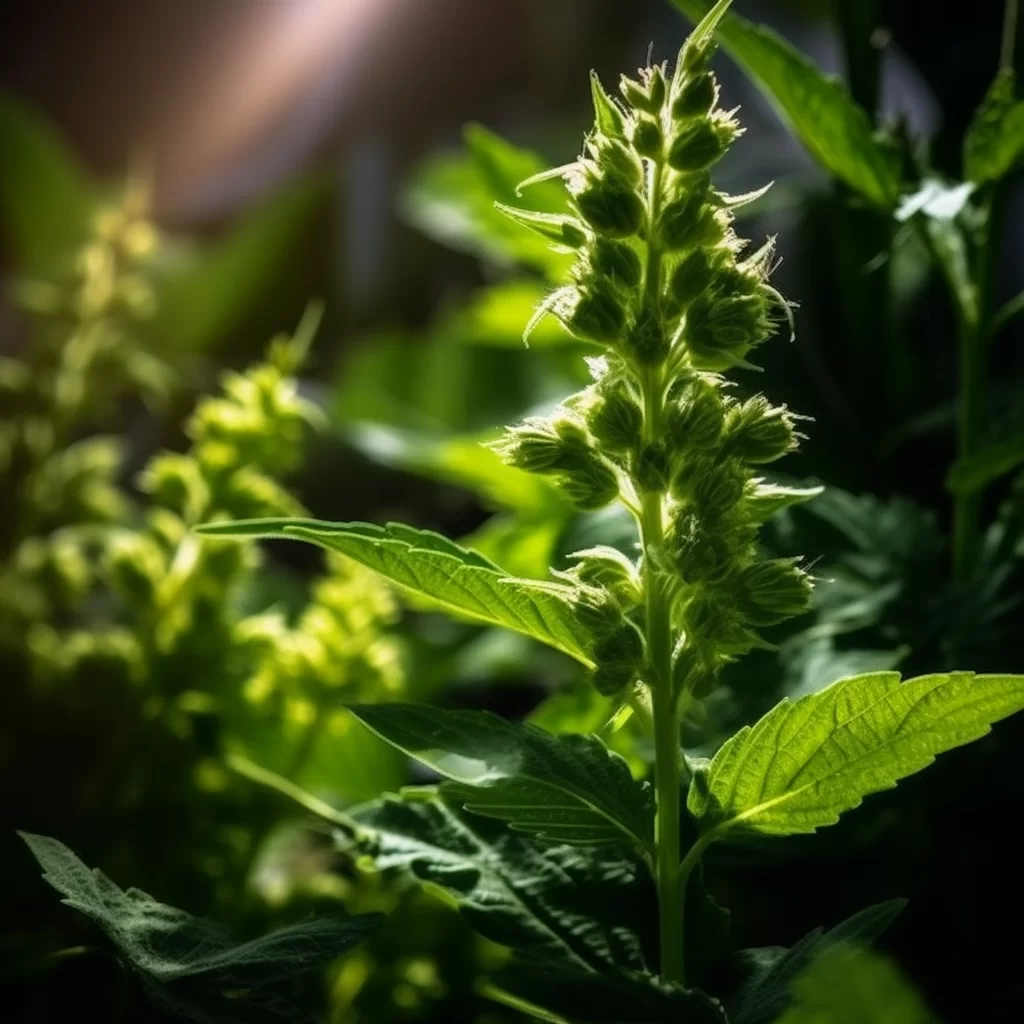Story of Day :
Contents
Wolfsbane Plant: A Complete Guide and Care Tips
Gardening is not only a fun and enjoyable hobby but also an activity that can have therapeutic benefits.
It has been around for centuries and allows individuals to connect with nature while creating something beautiful out of the soil.
From planting flowers or vegetables to pruning trees, gardening offers an opportunity for people to get outside, enjoy fresh air and sunshine, and relieve stress.When it comes to choosing which plants to cultivate in your garden, there are numerous options available.
However, one plant species that stands out is wolfsbane (Aconitum napellus).
This distinctive plant not only boasts stunning purple-blue flowers but also has medicinal properties that have been used for centuries in traditional medicine.
While it should be handled with care due to its poisonous nature if ingested, wolfsbane can still make a unique addition to any garden thanks to its beauty and fascinating history.
What is Wolfsbane?
Wolfsbane, also known as monkshood or blue rocket, is a perennial flowering plant native to western and central Europe.
The plant belongs to the Ranunculaceae family which includes buttercups and delphiniums.
The Myth Behind Wolfsbane
In ancient times, wolfsbane was believed to have magical powers like the ability to ward off evil spirits and cure various ailments.
The name ‘wolfsbane’ originated from its use in hunting wolves where hunters would smear it on their arrows or spears.

Caring for Wolfsbane Plants
- Sunlight: Wolfsbanes prefer partial shade or full sun exposure.
- Soil: They thrive in moist soil with good drainage.
- Fertilizer: Feed your wolfsbanes with a phosphorus-rich fertilizer during springtime every year.
- Pests & Diseases: These plants are susceptible to spider mites, aphids, and viruses such as leaf spot disease.
Keep an eye for any damage or signs of pests such as yellowing leaves and treat them promptly using insecticidal soap spray or neem oil application.
- Maintenance: Once established, wolfsbanes require little maintenance.
Deadhead spent blooms to encourage new growth and remove any yellowing leaves.
Benefits of Growing Wolfsbane Plants
Aside from its mystical history, wolfsbane plants have several benefits for your garden:
- Ornamental Value: With its tall spikes of vibrant blue or purple flowers, wolfsbanes make a beautiful addition to any garden.
They also attract bees and other pollinators.
- Medicinal Value: The plant contains alkaloids that have been used in traditional medicine to relieve pain, inflammation and fever.
However, it is highly toxic if ingested so should only be used under medical supervision.
- Pest Repellent: Wolfsbanes are natural insect repellents that can keep pests such as moles and mice at bay.
You can plant them around the perimeter of your garden or near entrances to deter unwanted visitors.
The Dangers of Wolfsbane Plants
A word of caution: Wolfsbanes are extremely poisonous if ingested.
All parts of the plant contain aconitine which can cause severe symptoms such as vomiting, diarrhea, arrhythmia leading to heart failure and even death in extreme cases.
It is important not to touch the plant with bare hands either as it can be absorbed through the skin causing numbness or tingling sensations in affected areas.
In Conclusion

Wolfsbane is a fascinating plant that has captured the imagination of people for centuries.
Although it does not possess any supernatural abilities, it remains an intriguing and mysterious plant.
It can be cultivated in gardens, offering many benefits beyond its ornamental value.
Wolfsbane can naturally control pests in your garden but requires careful handling due to its high toxicity level.Caring for wolfsbane means understanding its properties and respecting its toxic nature.
While this may seem like a daunting task, the rewards of growing this remarkable plant are truly worth the effort.
In addition to being an exotic addition to any garden, it also has medicinal properties that have been used since ancient times.
From treating headaches and fever to easing joint pain and arthritis, wolfsbane holds many secrets waiting to be unlocked by those interested in natural remedies or gardening enthusiasts alike who want a unique addition to their backyard collection!